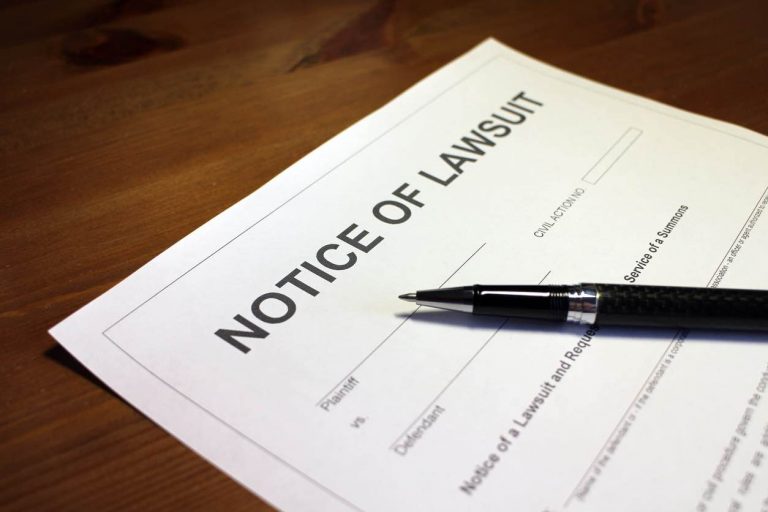The Virginia Human Rights Act (VA HRA), Va. Code § 2.2-3900 et seq., prohibits employment discrimination in the workplace. The VA HRA was recently amended by SB 868 and SB 712. As amended, the VA HRA prohibits discrimination in employment on the basis of race; color; religion; national origin; status as a veteran; sex; marital status; pregnancy, childbirth, or related medical conditions; sexual orientation; or gender identity. Va. Code §§ 51.5-40 et seq. separately prohibits employment discrimination based on disability and provides remedies for such discrimination.
A Virginia employee alleging discrimination under the VA HRA must file a complaint with the Division of Human Rights(DHR) before filing in court. An employee must file with DHR within 300 days of when the discrimination occurred. DHR investigates the complaint and either dismisses the charge with no finding of discrimination or attempts to resolve a finding of discrimination through informal methods. After dismissing or unsuccessfully resolving, DHR issues the complaining party with a notice of their right to sue. A complainant may also submit a written request to DHR for a notice of a right to file, which DHR provides after either 180 days from the date the original complaint was filed or when it determines it will not complete its investigation within 180 days.
An employee alleging discrimination under VA HRA may file in a Virginia district court with jurisdiction within 90 days of receiving a notice of their right to file from DHR. A woman alleging discrimination on the basis of pregnancy, childbirth, or related conditions may also file directly in a state court with jurisdiction without going through DHR. An employee alleging discrimination based on disability may file directly in a state court with jurisdiction within 180 days of the discrimination or after sending a written statement via registered mail to the defendant outlining the violation within 180 days of when it occurred.
Title VII of the Civil Rights Act of 1964 prohibits employment discrimination on the basis of race, color, religion, sex, and national origin; the Age Discrimination in Employment Act (ADEA) prohibits that based on age; and the Americans with Disabilities Act (ADA) prohibits that based on disability. A Virginia employee alleging discrimination under any of these federal laws must file with the Equal Employment Opportunity Commission (EEOC) before filing in court. A Virginia employee must file with EEOC within 300 days of the date the discrimination occurred. EEOC will investigate a charge and attempt to resolve the dispute if it finds discrimination likely occurred. After EEOC completes its investigation, it will issue an employee a notice of their right to sue. An employee may also request a notice of their right to sue before EEOC completes its investigation.
After receiving a notice of their right to sue from EEOC, a Virginia employee alleging discrimination under federal law may file in a federal district court with jurisdiction within 90 days. An employee alleging age discrimination under the ADEA must file with the EEOC but need not wait to receive a notice of right to sue before filing in court. An employee alleging discrimination under the ADEA can file in court any time between 60 days after filing with EEOC and 90 days after EEOC issues the right to sue.
DHR and EEOC have a workshare agreement, which means that the agencies work together to remedy employment discrimination in Virginia. An employee alleging discrimination in the state need only file a charge of discrimination with one agency, even if the employee is alleging discrimination under both state and federal laws.
Virginia Workplace Discrimination Laws
- What Damages or Remedies Can a Virginia Employee Recover in a Discrimination Lawsuit?
- Does Virginia law bar discrimination in the workplace?
- What law prohibits retaliation against an employee for reporting discrimination?
- Can I be fired for being LGBTQ in Virginia?
- Are employers in Virginia prohibited from discriminating based on pregnancy?
- What laws protect whistleblowers in Virginia?
- Virginia Lawyers Representing Whistleblowers in Whistleblower Rewards and Whistleblower Retaliation Claims
- Are Whistleblowers in Virginia Eligible for Whistleblower Rewards or Bounties?
Virginia Workplace Discrimination Lawyers
If you have suffered discrimination or retaliation, call our Virginia discrimination lawyers today at 202-262-8959 or write us to schedule a consultation.











